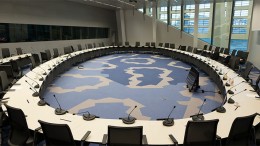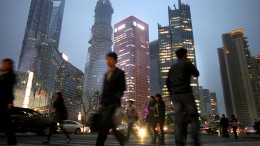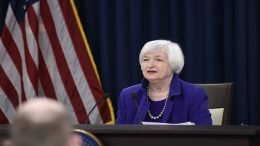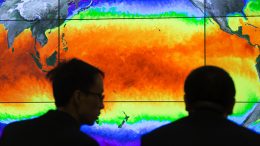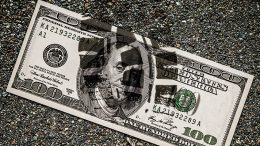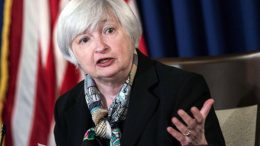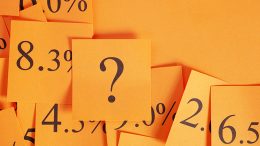Central Banks’ Artillery Losing Momentum: The Failure Of Monetarism
Money in circulation (M2 in the US, M3 in the Eurozone) is not created by the central bank, but by the private banks when they lend. These loans are the fundamental countepart of M2 and M3. Loans are converted into deposits which provide the liquidity for us to function.

